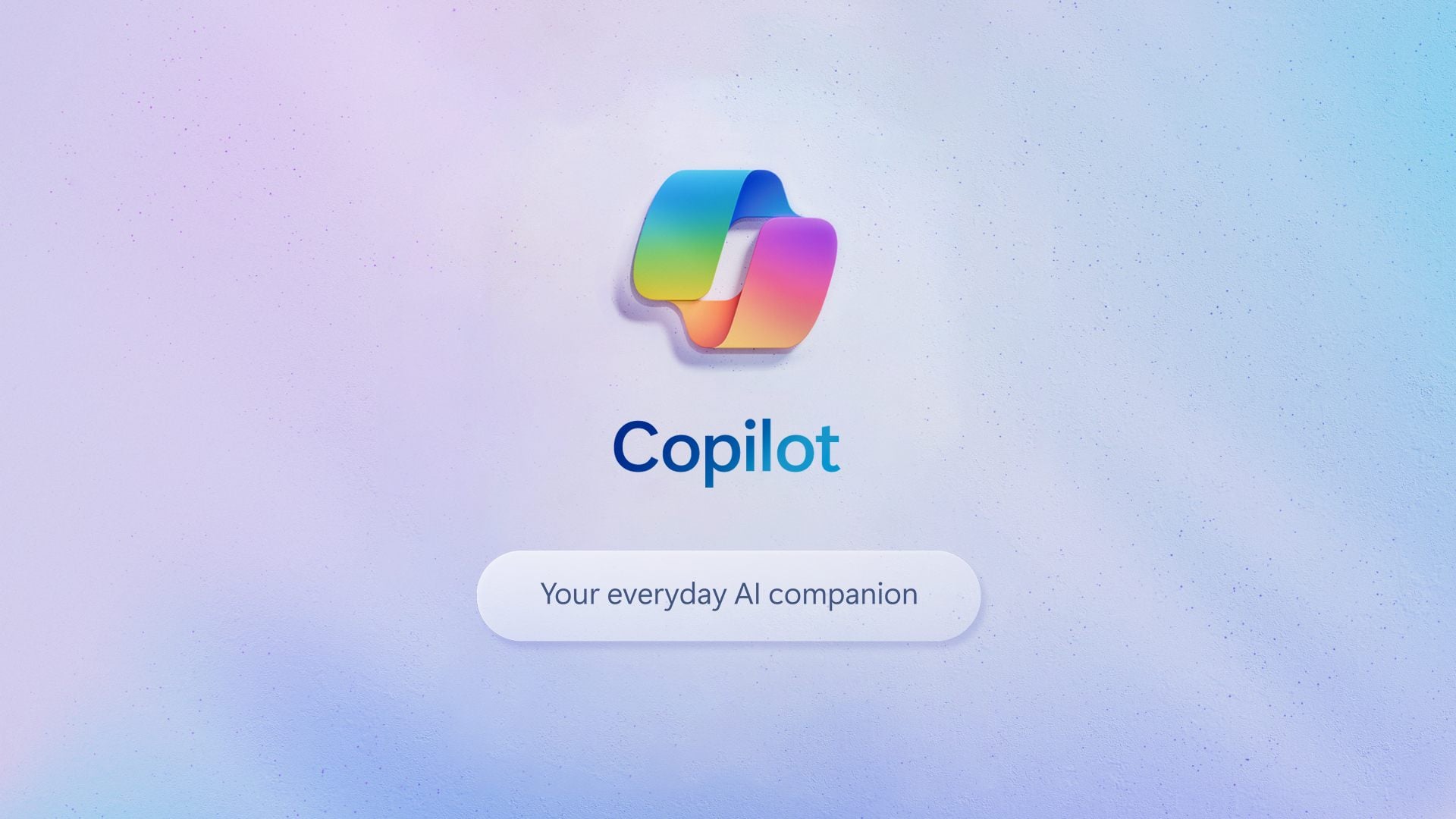Google Chrome Is Testing Dynamic Country Detection for Region-Specific Features
Helps Chrome Comply with Local Laws and Regional Standards

Google Chrome is testing a new feature that helps it understand your location more accurately when you open the browser. This new feature is called “Dynamic Profile Country.” It’s currently being tested in Chrome Canary.
Normally, Chrome remembers your country from when you first installed it. But with “Dynamic Profile Country,” Chrome will automatically check and update the country in your profile every time you open the browser. This means if you travel, Chrome will know you’re in a different country.
You can find this new “Dynamic Profile Country” feature flag in the Canary builds of Chrome. The flag description says:
Dynamic Profile Country
When enabled, Chrome updates the country associated with the profile on open

Regional Capabilities (rcaps)
This change is part of a bigger project called “Regional Capabilities” (rcaps). It helps Chrome act differently depending on where you are. This could affect things like:
Search Engine Choices: In some regions, such as Europe, laws require Chrome to offer users a choice of search engines. This new feature may mean that these choice screens appear again if your location changes, ensuring you see options relevant to your current country.
Other Location-Specific Settings: It could also lead to Chrome adjusting other features or privacy settings to follow local rules or offer experiences unique to your region.
“rcaps: Add Chrome flags to control dynamic profile country. Add Chrome flags to control dynamic profile country feature and thus make manual testing easier.” Google notes in a commit message.
What You Need to Know:
This “Dynamic Profile Country” feature is currently hidden behind a flag in Chrome Canary.
For now, you won’t see any obvious changes to how Chrome looks or works because of this flag. It’s mainly setting things up “behind the scenes.”
Important: This change does not mean Chrome will automatically switch your default search engine based on your location.
There’s no set date for when this feature will come to everyone, or if it’s directly connected to laws like the EU‘s Digital Markets Act (which aims to make digital markets fairer).
Google is making Chrome smarter about your location. This is to help the browser work better with local laws and offer features that are right for your country. Keep in mind that features in Chrome Canary are still experimental and might change.
We’ll keep an eye on how this develops and whether it rolls out to stable versions of Chrome.
Apart from this, Chrome will soon silence notifications from spammy sites you don’t engage with. Additionally, the desktop version is adding built-in HLS player support, and the Android version could show a ‘Search AI Mode’ prompt in the omnibox.
Read our disclosure page to find out how can you help Windows Report sustain the editorial team. Read more




User forum
0 messages